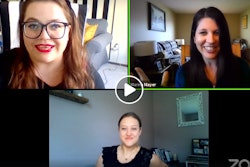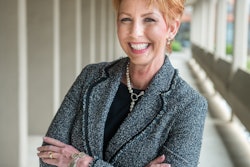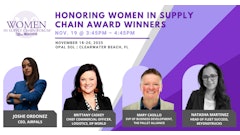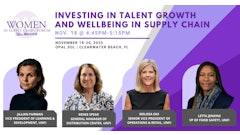
As COVID-19 continues to disrupt lives across the nation, many American adults—about 1 in 4, the latest Strada Public Viewpoint survey shows—say they plan to enroll in education or training within the next six months.
This week’s report seeks to answer questions such as: What are Americans’ motivations for pursuing education and training? What are their perceived barriers to enrollment? And what are their expectations about the costs and benefits of postsecondary education?
Since March, Strada has surveyed more than 13,000 Americans to gain first-hand insight into the impact of the pandemic on individuals' lives, work, and education. This nationally representative survey is intended to provide insights to the education and training providers, policymakers, employers, and individual Americans who are navigating the COVID-19 crisis. This week’s analysis also integrates data from more than 10,000 Americans who participated in the spring 2020 Strada-Gallup Education Consumer Survey.
Key Findings
· Americans who are not likely to enroll most often fail to see a clear career benefit. Lack of career benefit is the No. 1 reason Americans do not enroll. Even among those considering enrolling, many are uncertain whether education will be worth the cost and would help them get a stable job in times of economic uncertainty.
· Americans identify three primary challenges to pursuing education and training:
o Competing obligations and logistics. Fifty-five percent identify commitments to work and family or the logistics of course schedules and transportation as major concerns. Many Americans face more than one of these barriers.
o Self-doubt. Forty-nine percent fear they will not be successful as students or have been out of school for too long.
o Cost. Forty-eight percent report that cost is an extremely or very challenging barrier.
· Many Americans considering enrolling do not have a good understanding of the time and costs involved. Adults consistently underestimate the time and costs to complete a degree. The majority of adults who have not completed postsecondary degrees or credentials were interested in education and training after high school, but 64 percent reported that they didn’t have a good understanding of how to pay for college.
Data Point
Adults who report they are not likely to seek additional education cite the absence of any career value as the main reason they are not interested.



![Pros To Know 2026 [color]](https://img.sdcexec.com/mindful/acbm/workspaces/default/uploads/2025/08/prostoknow-2026-color.mduFvhpgMk.png?auto=format%2Ccompress&bg=fff&fill-color=fff&fit=fill&h=100&q=70&w=100)

![Mark Burstein[2]](https://img.sdcexec.com/files/base/acbm/sdce/image/2020/06/mark_burstein_2_.5eda7a0c2d4f6.png?auto=format%2Ccompress&fit=crop&h=167&q=70&w=250)





![Pros To Know 2026 [color]](https://img.sdcexec.com/mindful/acbm/workspaces/default/uploads/2025/08/prostoknow-2026-color.mduFvhpgMk.png?ar=16%3A9&auto=format%2Ccompress&bg=fff&fill-color=fff&fit=fill&h=135&q=70&w=240)





